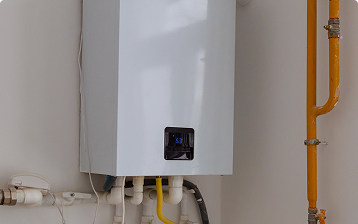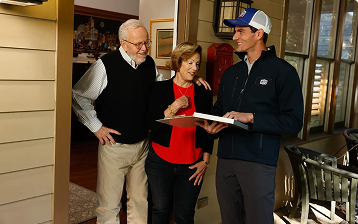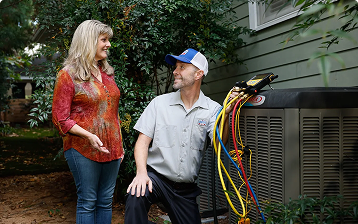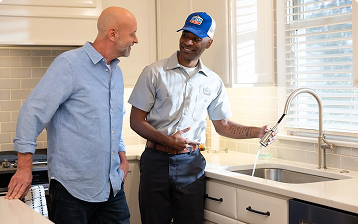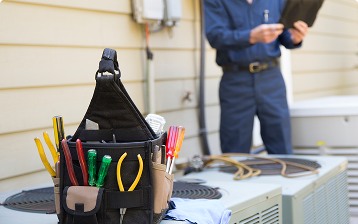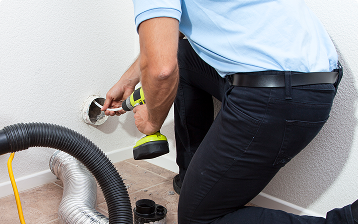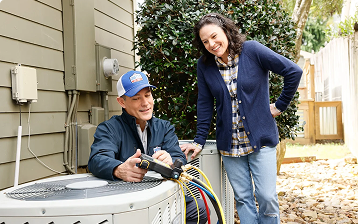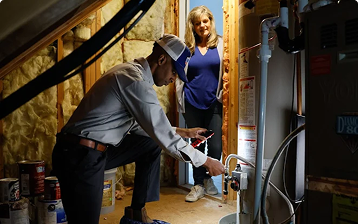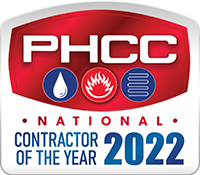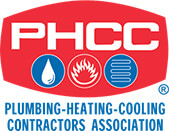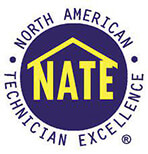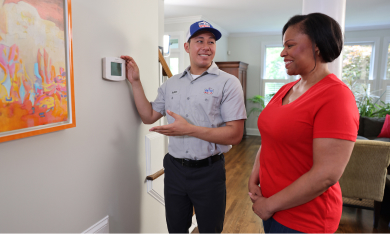
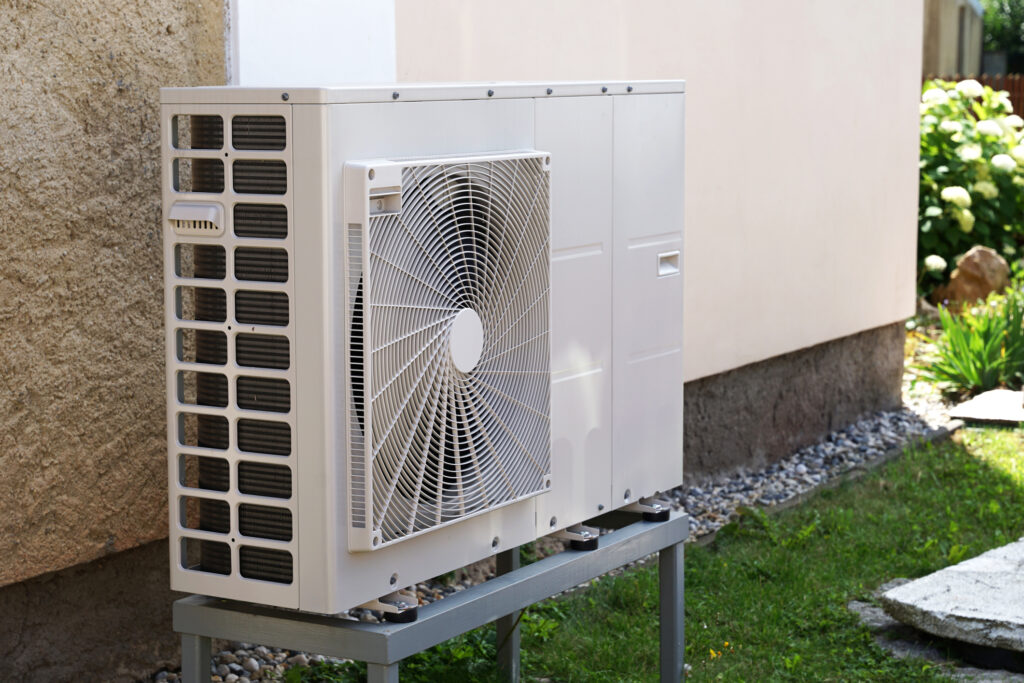
As a homeowner, you understand the importance of an efficient air conditioner to keep your home comfortable throughout the hot, humid summers. However, 2025 changes in refrigerant regulations have impacted AC systems across Georgia and the rest of the U.S.
These changes, driven by the Environmental Protection Agency’s effort to phase out older refrigerants that harm the environment, will lead to more energy-efficient systems — but at a higher upfront cost for consumers.
Let’s explore what these updates mean for your home and wallet.
What Is the American Innovation & Manufacturing Act of 2020?
The American Innovation and Manufacturing Act of 2020 is a key driver of these refrigerant changes. The AIM Act intends to reduce the use of hydrofluorocarbons (HFCs), which are potent greenhouse gases released by most refrigerants in use today.
While less damaging than older refrigerants like R-22, HFCs still have a large environmental impact due to their high global warming potential (GWP).
After January 1, 2025, R-410A refrigerant is phased out in favor of more environmentally friendly alternatives like R-454B. This shift will affect air conditioners, heat pumps, and ductless mini-splits installed in Georgia homes.
Outdated vs. New Refrigerants
- R-22 (Freon) was once the most common refrigerant used in residential ACs, but its harmful effects on the ozone layer led to its phase-out in 2020. Homeowners still using systems that require Freon must rely on recycled or reclaimed supplies. The high cost and dwindling availability of R-22 make these older systems increasingly expensive to maintain.
- R-410A (Puron) replaced R-22 as a less harmful refrigerant, offering no ozone depletion potential (ODP). However, the EPA has set a limit of 750 GWP for air conditioning refrigerants in 2025. With a GWP of 2,088, R-410A is far from ideal for long-term use. As a result, it will no longer be produced or imported.
- R-454B and R-32 represent the future of refrigerants. These alternatives have a much lower GWP — 466 and 675, respectively — and no ozone depletion potential. Both refrigerants fall under the A2L classification, meaning they’re mildly flammable but still safe for residential use when handled properly.
R-454B and R-32 will become the standard for most new HVAC systems, depending on the manufacturer and system type, offering a greener alternative with similar cooling performance to their predecessors.
What Does the Refrigerant Change Mean for Homeowners?
The 2025 refrigerant changes have significant implications for Georgia homeowners. Here’s what to expect:
Benefits
- Improved environmental impact: A2L refrigerants have a far lower global warming potential than R-22 and R-410A. This means using an HVAC system that runs on them reduces your home’s carbon footprint.
- Energy efficiency: New refrigerants pair with more energy-efficient HVAC systems, reducing energy consumption and lowering monthly utility bills.
- Future-proofing your HVAC system: While the 2025 refrigerant changes don’t require Georgia residents to upgrade their systems, you can reap the benefits of a brand-new system if you invest in a replacement.
Considerations
- Higher replacement costs: A2L refrigerants require updated equipment and installation methods, and manufacturers have indicated that the cost could be up to 30% higher than models manufactured prior to 2025.
- Retrofit expenses: Retrofitting older HVAC systems to be compatible with R-454B or R-32 isn’t always feasible or cost-effective. If your current system uses R-22 or R-410A, you may need to replace it entirely.
Top Factors Contributing to Rising HVAC Equipment Costs
Since 2020, HVAC system prices have practically doubled, and they’re expected to continue rising. The biggest factors driving price increases are the refrigerant regulations and updated efficiency standards.
The shift to R-454B and R-32, along with the new SEER2 and HSPF2 efficiency requirements, make manufacturing more complex, pushing up production costs.
Supply chain issues, the rising cost of raw materials like copper and aluminum, and skilled labor shortages further contribute to the ongoing price hikes.
Finance Your HVAC Replacement
Replacing your HVAC system is a big investment, especially considering the recent price increases, but it doesn’t have to break the bank.
At United Air Temp, we offer financing options to make your HVAC replacement more affordable. With budget-friendly payments, low interest rates, and zero-down options upon credit approval, you can invest in a new AC, heat pump, or ductless mini-split and spread out the cost over time.
Replace Your HVAC System in Atlanta, GA
United Air Temp has over 90 years of experience in the HVAC industry, and we’ll help you stay ahead of the curve with expert advice, high-quality installations, and transparent pricing.
Contact us today to schedule a free HVAC replacement estimate in Atlanta, Alpharetta, or Marietta.




